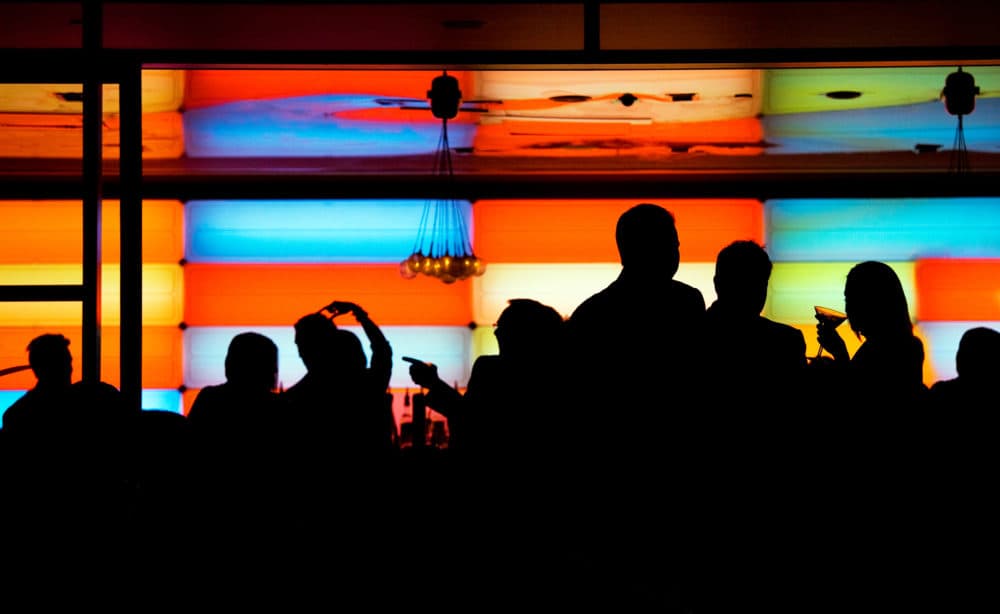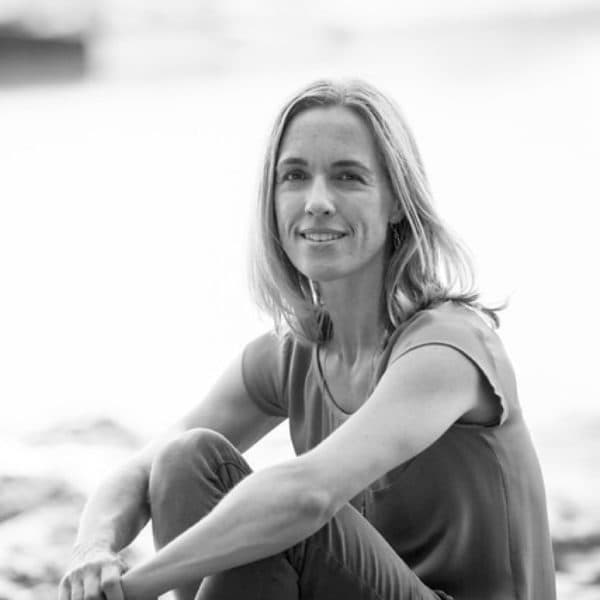Advertisement
Commentary
What I lost when I stopped drinking

Here’s to the end of another dry January, the sobriety challenge that grows more popular every year. I did a dry month in 2020 to break the spell of a decade of nightly wine drinking, but I chose February instead of January because it was three days shorter.
With each day of the month that passed, I felt better, stronger, more rested. I was almost sorry to see it end, but I didn’t consider staying dry. Alcohol wasn’t ruining my life. Why deprive my future self of future fun? Not drinking was hard, like paying attention to a three-hour seminar is hard, being fully aware, feeling the spectrum of emotions, some I hadn’t allowed myself to feel in a long time, like boredom, and didn’t know how to handle. For a month, I lived with the lights on in my brain all the time, and then happily went back to drinking.
When I decided to quit for good, a year later, I knew I would have to explain myself. Everybody understands taking a month off, especially after the holidays. But total sobriety in the absence of a serious problem confounds people. The myth that only heavy drinkers should quit makes it harder for moderate drinkers to walk away from a substance that is, technically, poison. Alcohol damages our DNA and the risk of health effects rises with age as exposure to alcohol accumulates. The booze may not stay in your system but the damage builds up. By 2021, I was worried that I had already done a lot of damage.
Every declined drink felt like an opportunity missed, but later I was always glad I had skipped it.
So why did I feel like I was breaking bad news to my friends when I announced, as beers were being passed around at the beach, that I was trying sobriety? Because we had been drinking together for decades, with too many good times to count, and I couldn’t untangle the alcohol from the good times. It was all bundled together.
That summer was hard. I spent a lot of time questioning my decision. Every declined drink felt like an opportunity missed, but later I was always glad I had skipped it. We spend summer weekends on a small barrier island with no cars. People stumble from bar to house party to bar, as if in a drunken parade. Late Saturday nights, the atmosphere can be chaotic, people staggering around, arguing, getting lost. Once, my friends walked home behind a man who was peeing while he zig-zagged his way up the sidewalk.
We often share these stories the next day on the beach, laughing, but it seemed less amusing after I stopped drinking. I got annoyed sitting at bars, with people shouting at one another over the music. Seeing a 60-year-old woman slip off her barstool made me sad. What was wrong with me? Everyone was just having a good time. What kind of person embraces abstinence during the hot vax summer?
Advertisement
If you’re someone who struggles with anxiety, as I do, setting rules can be a balm. During my senior year of college, with an uncertain future ahead, I put myself on a diet. Low fat and plenty of carbohydrates, following the guidelines of the day. I ate pretzels, Rice Krispies with skim milk, and pizza without the cheese. Snackwell cookies were my guilty pleasure. I lost 15 pounds and my hair thinned before I realized I was restricting my eating out of fear of uncertainty. I dropped the diet, but the underlying urge to be disciplined is still woven into my nature.
Perhaps it’s not just alcohol I’m trying to control, but the passage of time.
Perhaps it’s not just alcohol I’m trying to control, but the passage of time. Every day, I’m working to make up for what feels like “lost” years that were not lost at all but consumed with building and nurturing a family. I’m trying to grow. How much richer could my experience be if I stopped drinking; how much more could I notice and respond to — how much time could I get back? These were the questions that made me stop. Could I avoid the breast cancer diagnosis that my mother and grandmother had both faced? Could I prevent the type of neurological decline that took possession of my father? Maybe not, but there aren’t enough valuable hours in the day to lose to a bottle of wine anymore.
When I drank I was inside a collective experience that I now sit at the edges of, watching. I still have fun but it’s a complex, more solitary joy. The isolation is good for someone who has spent years responding to other people’s needs and expectations.
And yet, for all I've gained in the absence of alcohol — more patience, enhanced focus, increased energy — watching other people relax and lose their self-awareness from a distance can get lonely. I'm hoping a few friends will join me.
